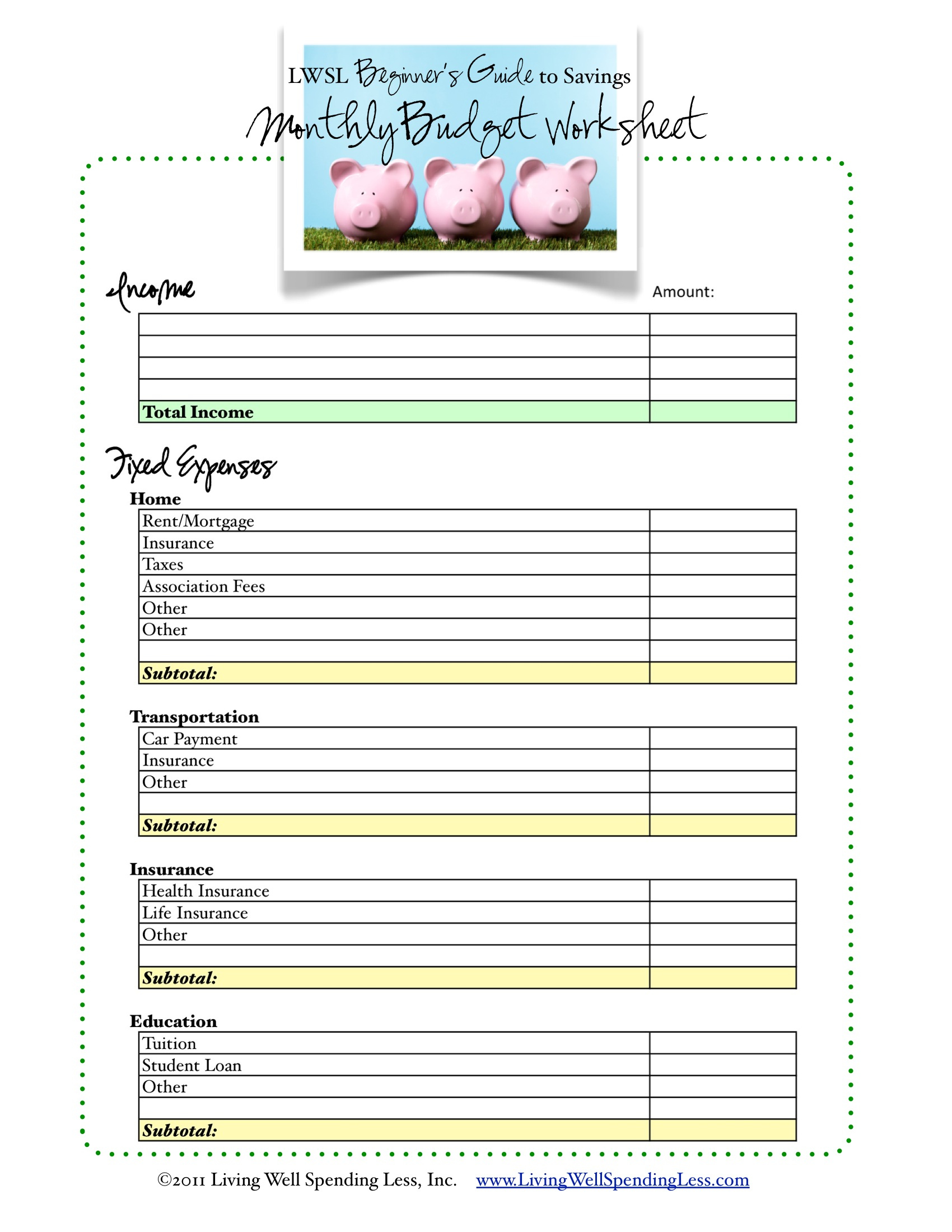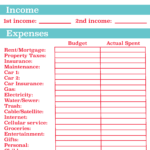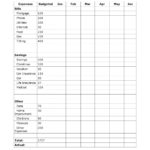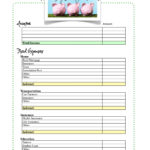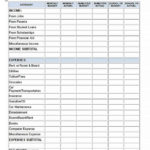Free Budget Worksheet Living Well Spending Less
Free Budget Worksheet Living Well Spending Less
Free Budget Worksheet Living Well Spending Less – A budget is essential when you want to manage your financial affairs. A printable budget template is the best way for you to monitor your spending. A printable budget sheet can aid you in staying organized.
There are a variety of ways to come up with a budget. A spreadsheet, an app or a software program could be used to build an budget. If you are looking for the simplest method of creating and tracking your budget, then a printable budget worksheet is your perfect solution.
Budget templates are widely available online. They are available at no cost or for a small fee. Once you find a sheet you find appealing, all you have to do is print it out and start tracking your spending.
Budgeting doesn’t have have to be a hassle. It is possible to manage your finances by putting in a bit of planning and effort.
Why Do You Need To Use The Budget To Make Choices?
There are numerous reasons why households and individuals must have budgets. A budget can be used to monitor your spending habits and reduce expenses, which will aid you in making financial choices. A budget can aid you to stay on track with your financial goals.
Budgets can be made by following a few easy steps. You can utilize an excel spreadsheet or pencil to make it. The most crucial aspect of creating the budget is being truthful about your expenses and income. You should adhere to your budget in order to improve your financial situation.
Related For Budget Worksheet Printable
How To Make Use Of The Budget
Your budget is an important tool for managing your finances. Monitoring your spending and income can help you make educated decisions about the best way to allocate your funds. It may be difficult to budget, but it can be accomplished by a little planning and effort.
Here are some suggestions for how to use a Budget:
- Determine your income and expenses. The first step of creating your budget is keeping track of your earnings and expenses. This will give you a clear picture of where your money is going.
- It is essential to set realistic goals. You can establish realistic goals for savings and spending when you have an understanding of where your money is going. Be sure to include other expenses that aren’t fixed, like grocery and gas so that you don’t overspend on other purchases.
- Stay on the right path.
You Can Track Your Performance
The first step toward financial control is to establish an budget. Once you’ve set up an budget, it’s important to monitor your progress and make sure you stick to it. There are several methods for doing this.
A tool that tracks your spending can be used to track your budget. These apps can be linked to your bank account, so you can keep track of your spending. They can also be used to create an expense plan, track your progress and keep you informed.
A spreadsheet or a pen and paper is another way to keep track of your progress. While this requires more effort than the use of an app, it can be just as effective. Record your expenses and your income every month. Then compare the amount you actually spend to the budgeted amount. This will allow you to see where you need to reduce or adjust your spending.
Budget Worksheet Printable
The Benefits Of Budgeting
It may appear to be an overwhelming job, but it’s an essential step in ensuring your financial stability. A budget allows you to track your spending, set aside funds for savings as well as emergency funds, and make adjustments whenever needed.
Although it can take time to get used to setting up and sticking to budgets, the results are well worth the effort. A budget can help you lower your debt, save money to fund long-term goals, and prevent financial issues down the line.
If you’re not sure where to begin, there are lots of resources that can help you create your budget. Financial success is possible once you begin to budget.
